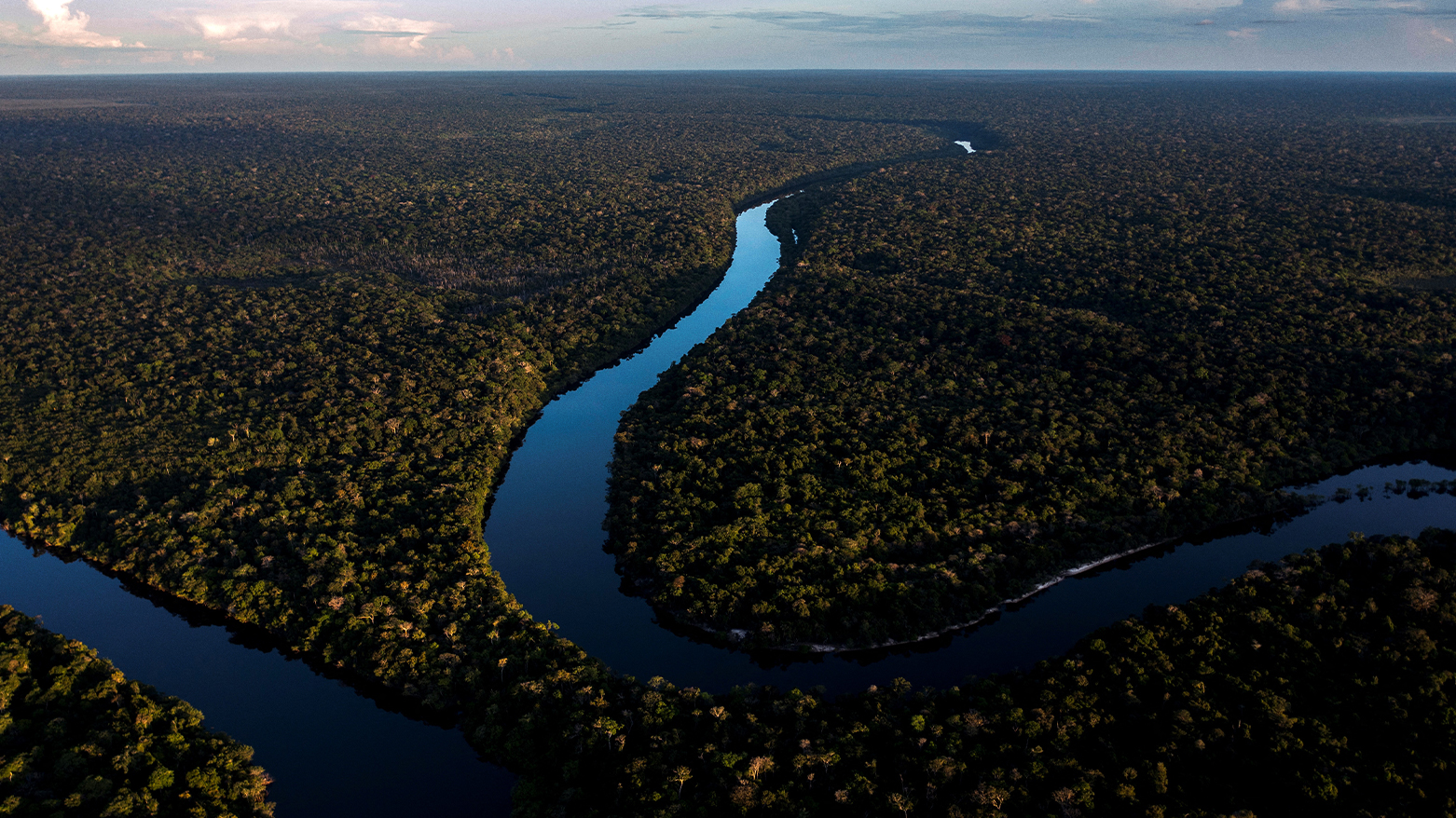Brazil Amazon deforestation lowest in Jan-Feb period since 2018

Rio de Janeiro, Brazil (AFP) - Deforestation in the Brazilian Amazon in the first two months of 2024 was at its lowest level for that period in the last six years, a report published Monday said.
In January and February, 196 square kilometers (76 square miles) of the Amazon was deforested, 63 percent less than in the same period in 2023.
That area is still equivalent to almost 327 soccer fields per day, according to the environmental group Imazon, which shared the data from its Deforestation Alert System (SAD).
"The first two months of 2024 ended with the lowest amount of forest clearing in the last six years, since 2018," said the organization, which has carried out satellite monitoring for nearly two decades.
Of Brazil's nine Amazonian states, three (Amazonas, Mato Grosso and Roraima) accounted for 77 percent of the deforested area in January and February.
Deforestation in Roraima has encroached on Indigenous lands, Imazon's report said, including areas belonging to the Yanomami people.
The Yanomami have been ravaged by a humanitarian crisis blamed on illegal gold mining, which is destroying the jungle and polluting rivers.
President Luiz Inacio Lula da Silva's government has committed to combating deforestation, which dramatically worsened under his predecessor, agribusiness ally Jair Bolsonaro, who held office from 2019 through 2022.
Bolsonaro drew international criticism for presiding over a 75-percent increase in average annual deforestation in the Brazilian Amazon compared to the previous decade.
"The data shows that we still have a great challenge ahead," said Larissa Amorim, a researcher with Imazon.
"Achieving the zero deforestation goal promised (by Lula) by 2030 is exceedingly necessary to combat climate change," she added.
